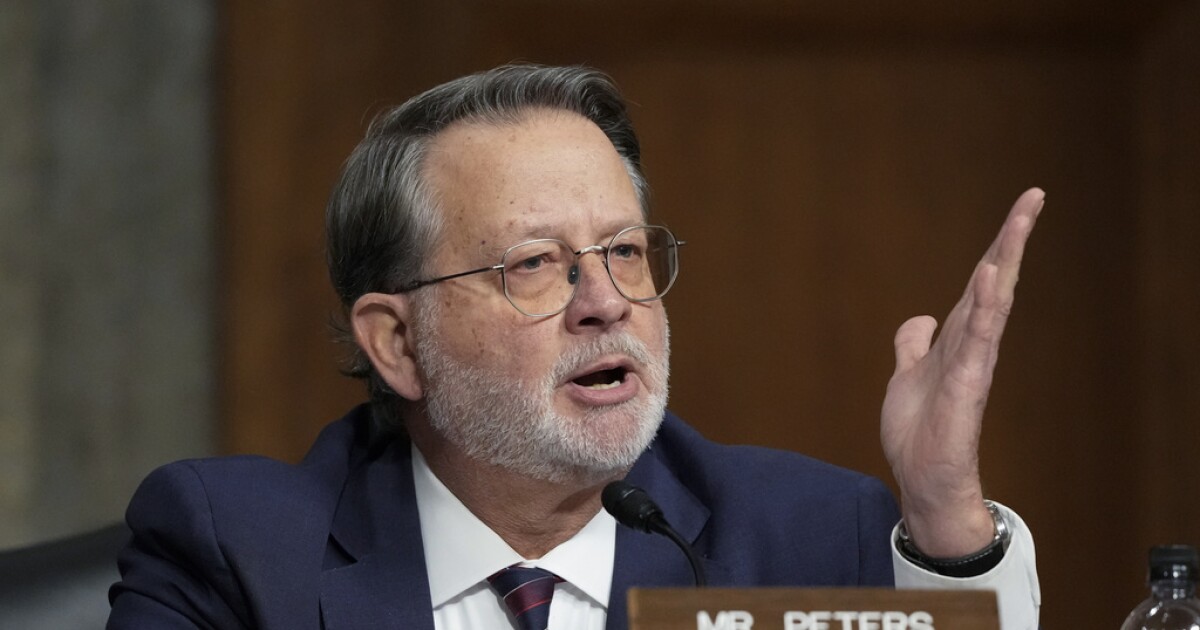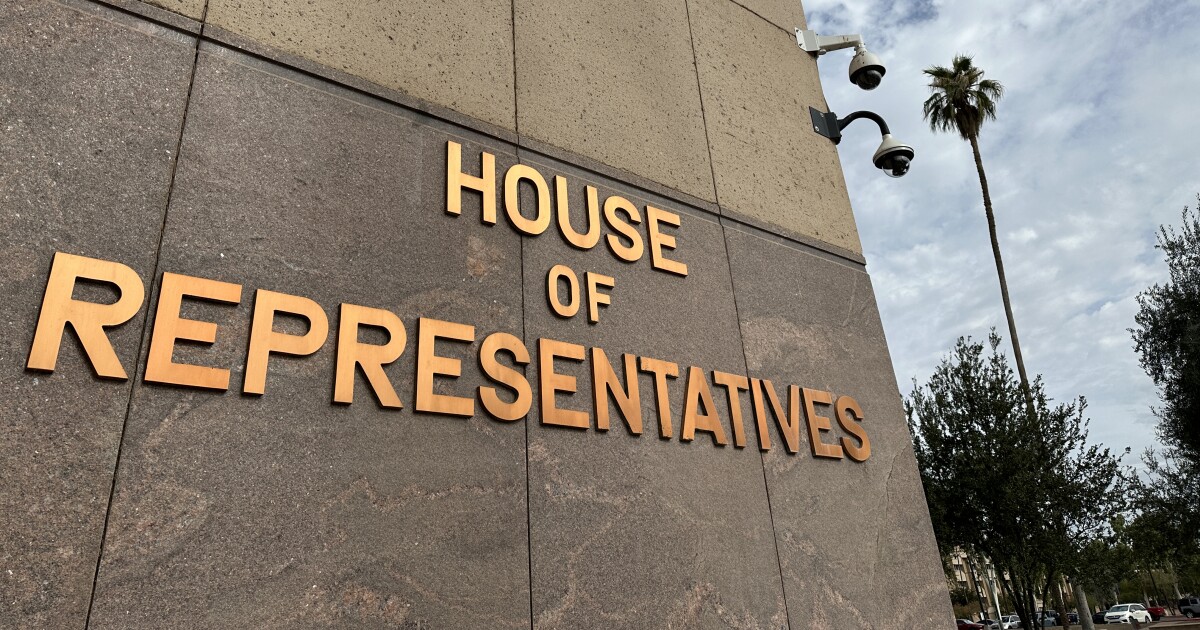Article Summary –
The future of Michigan’s universal K-12 school meal program is uncertain due to federal cuts in SNAP and Medicaid funding and more stringent eligibility requirements, which may reduce the number of students qualifying for free meals and decrease federal reimbursements. Despite the state increasing its budget to $200 million for the program, the Republican-controlled Michigan House passed a budget proposal to eliminate the universal meal program, while Senate Democrats and House Republicans are at an impasse over budget negotiations. The program, which has been shown to improve student outcomes and alleviate food insecurity, currently relies on year-to-year funding, and efforts to make it permanent have stalled, leaving the continuity of free meals for students in jeopardy.
The future of Michigan’s universal school meals program for K-12 public schools is uncertain due to recent federal cuts to SNAP and Medicaid funding, alongside stricter eligibility requirements. These changes affect how Michigan determines eligibility for free or reduced-price school meals, impacting federal reimbursements.
For two years, Michigan has offered free breakfast and lunch to all K-12 public school students through the Michigan School Meals program, initiated after the federal meal waiver expired at the start of the 2022-2023 school year. Gov. Gretchen Whitmer made universal school meals a key initiative. The state allocated $160 million for this program in 2024 and increased it to $200 million for 2025.
Eligibility for free school meals is determined using SNAP and Medicaid data. However, changes from President Donald Trump’s One Big Beautiful Bill Act might reduce the number of students qualifying, impacting federal support. Richard Browder, Brighton Area Schools’ student nutrition director, noted concerns about funding for future student meals without increased federal support.
State data suggests the Michigan School Meals program saves families up to $850 yearly per student, benefiting middle-income families not eligible for safety net programs. One in five Michigan children faces food insecurity, affecting behavior and health, according to studies.
June Altom, president of the School Nutrition Association of Michigan, highlighted the program’s role in improving academic performance, attendance rates, and reducing stigma. Michigan Department of Education data showed a 31% increase in student breakfast participation and a 25% increase in lunch participation since the program began.
Funding for the universal meals program is currently year-to-year, with no permanent legislation in place. The Michigan Senate introduced a bill in 2023 to make it permanent, but it hasn’t been voted on. Political disagreements over the state’s budget further complicate funding prospects.
The House Republican budget proposal, passed in June, would eliminate the program, which concerns school meal coordinators like Altom, who are preparing for another year of universal meals.
If not extended, federal reimbursement will rely on direct certification through SNAP or Medicaid. Altom warns fewer children might be enrolled due to lack of awareness about required paperwork. Browder emphasizes the importance of free meals, stating many students depend on them for daily nutrition.
—
Read More Michigan News










